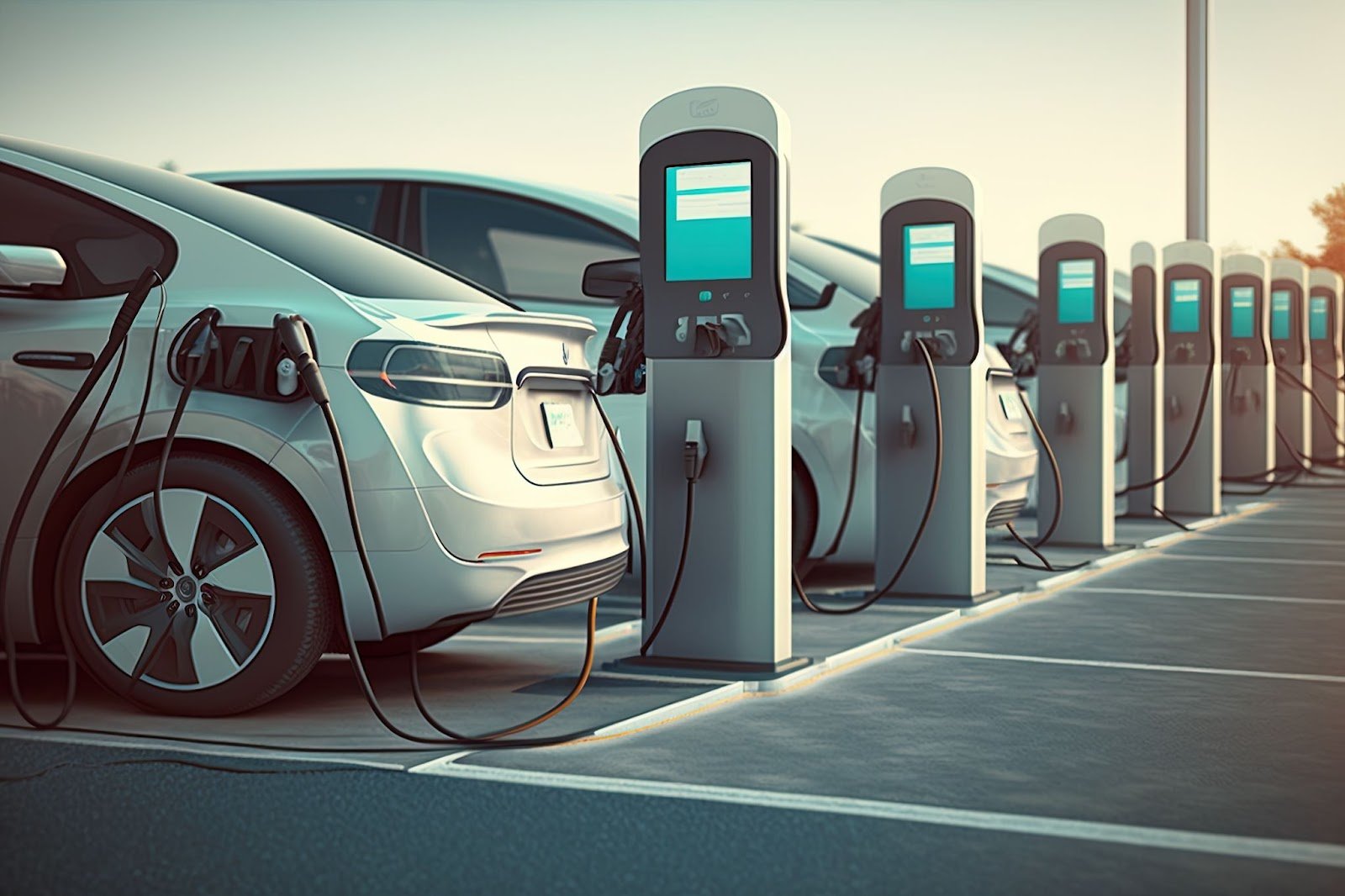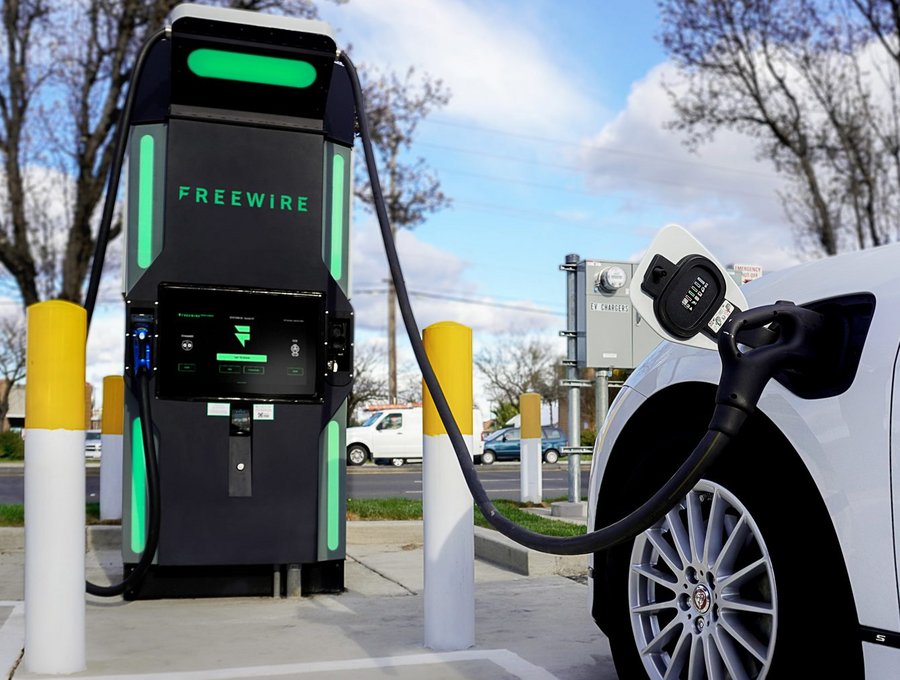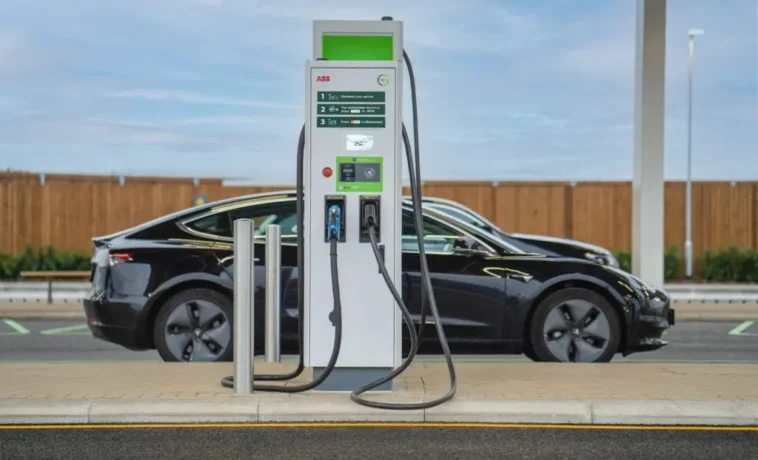Electric vehicles (EVs) are becoming increasingly popular as the world seeks to transition to sustainable modes of transportation. While the benefits of EVs are well-established, one of the biggest challenges facing their widespread adoption is the lack of charging infrastructure. This is where EV charging companies come in – they play a crucial role in developing and implementing innovative solutions that enable drivers to charge their vehicles easily and efficiently.
Leading EV charging companies understand the importance of creating a seamless user experience for EV drivers. This involves not only providing convenient locations for charging stations, but also ensuring that these stations are easy to use and reliable. Additionally, these companies invest heavily in research and development to create new technologies that can improve charging speed, expand range, and reduce costs. By doing so, they contribute significantly towards shaping the future of sustainable transportation while also helping to address some of the key challenges associated with EV adoption.
The Importance of EV Charging Companies
The significance of EV charging companies lies in their pivotal role as enablers of widespread adoption and accessibility of electric vehicles through the establishment of a comprehensive charging infrastructure network. As more individuals become interested in switching to electric vehicles, it is crucial to have a reliable and easily accessible charging infrastructure that supports their needs. The growth potential for EV charging infrastructure continues to expand as market projections indicate an increase in demand for electric vehicles. This increase in demand means that there will be a greater need for efficient and readily available charging stations.
As such, EV charging companies play an essential part in shaping the future of transportation by providing the necessary infrastructure required for mass adoption. These companies are responsible for investing in research and development, creating new technologies, and designing better equipment aimed at streamlining the process of EV charging. Their efforts help provide solutions to common issues related to range anxiety and battery capacity limitations experienced by many early electric vehicle adopters. Ultimately, with their continued contributions towards the creation of an extensive EV charging network, these companies can help accelerate market growth while also promoting environmentally conscious transportation alternatives.
Developing Innovative Charging Solutions

Innovative solutions for electric vehicle charging are being developed to cater to the growing demand for convenient and efficient charging options. One of these innovative solutions is wireless charging, which eliminates the need for cables and connectors. Wireless charging technology uses electromagnetic fields to transfer energy from a charging pad on the ground to a receiver in the EV battery. This technology offers several advantages, such as convenience, safety, and reduced wear and tear on cables and connectors.
Another innovative solution is fast charging technology, which allows EVs to charge quickly with high-power chargers that supply up to 350 kW of power. This technology enables drivers to add significant range in just a few minutes of charging time. Fast-charging stations are becoming more prevalent in urban areas, enabling drivers to recharge their vehicles during short stops at shops or restaurants. As more EVs hit the road, developing innovative technologies will be crucial in meeting the rising demand for efficient and convenient electric vehicle charging options.
Streamlining User Experience
Streamlining the user experience for electric vehicle charging involves simplifying the process and creating a seamless interaction between the driver, vehicle, and charging infrastructure. One key aspect of this is improving accessibility to charging stations. This can be achieved through various means such as developing mobile apps that provide real-time information about available chargers, their locations, and pricing. Additionally, integrating payment systems into these apps would further reduce barriers to access by eliminating the need for users to carry multiple payment methods or navigate complex payment processes.
Another important element of streamlining user experience is optimizing efficiency in the charging process itself. This could involve implementing smart charging technology that enables vehicles to communicate with chargers and receive tailored charging recommendations based on factors such as battery level, time of day, and grid demand. Furthermore, incorporating renewable energy sources into the charging infrastructure can help reduce carbon emissions associated with EVs while also improving reliability by reducing reliance on traditional power grids. Overall, streamlining user experience for EV charging requires a multi-faceted approach that takes into account both technical solutions and user-centered design principles to ensure a seamless and efficient process for drivers.
Shaping the Future of Sustainable Transportation

Achieving sustainability in transportation requires a holistic approach that considers not only the development of electric vehicles but also the integration of renewable energy sources, improvement of public transportation systems, and promotion of sustainable travel behaviors. Electric vehicle charging companies play a crucial role in shaping the future of sustainable transportation by providing convenient and accessible charging infrastructure for EV owners. However, to ensure the long-term viability of EVs, it is essential to address issues related to electric grid integration and government incentives.
Electric grid integration is an important consideration for EV charging companies as it impacts the reliability and stability of the power supply required for charging. Companies must work closely with utilities and regulators to ensure that their charging infrastructure does not overload or destabilize the electric grid. Additionally, government incentives such as tax credits or subsidies can encourage individuals and businesses to adopt EVs and support the growth of EV charging infrastructure. As governments around the world set ambitious targets for reducing greenhouse gas emissions from transportation, supporting policies will be critical in achieving those goals.
Frequently Asked Questions
What are the most common challenges faced by EV charging companies?
The EV charging infrastructure faces common challenges such as market competition and technological limitations. These challenges include high costs, compatibility issues with different vehicles, lack of standardization, limited public awareness, and regulatory barriers.
How do EV charging companies ensure the safety of their charging stations?
To ensure the safety of their charging stations, EV charging companies implement strict maintenance protocols and safety measures. These include regular inspections, testing of electrical components, and adherence to industry standards and regulations for installation and operation.
What is the average cost of installing an EV charging station?
The average cost of installing an EV charging station varies depending on several factors, such as the type of charger and installation process. A cost breakdown reveals that equipment and labor costs are the main components, with electricians charging hourly rates for installation.
How do EV charging companies collaborate with local governments to promote sustainable transportation?
Collaborative partnerships between EV charging companies and local governments play a vital role in promoting sustainable transportation. These partnerships involve community outreach programs that educate the public about the benefits of EVs, increase awareness about charging stations, and encourage their adoption for a greener future.
What kind of data do EV charging companies collect and how is it used to improve their services?
It is ironic that EV charging companies collect large amounts of data on customer behavior, yet the information is often underutilized. Through data analysis, companies can improve customer experience by identifying patterns and adjusting services accordingly.

Conclusion
In conclusion, the role of EV charging companies cannot be overstated in the transition to sustainable transportation. These companies have developed innovative solutions that make it possible for electric vehicles to compete with traditional gasoline-powered cars. They have also streamlined user experience by offering easy and convenient ways for drivers to charge their vehicles on-the-go.
As we look towards a greener future, EV charging companies will continue to play a pivotal role in shaping the way we travel. By providing reliable and accessible charging infrastructure, they are paving the way for a world where electric vehicles are the norm rather than the exception. While there is still much work to be done, these companies are leading the charge towards a more sustainable future – one plug-in at a time.




